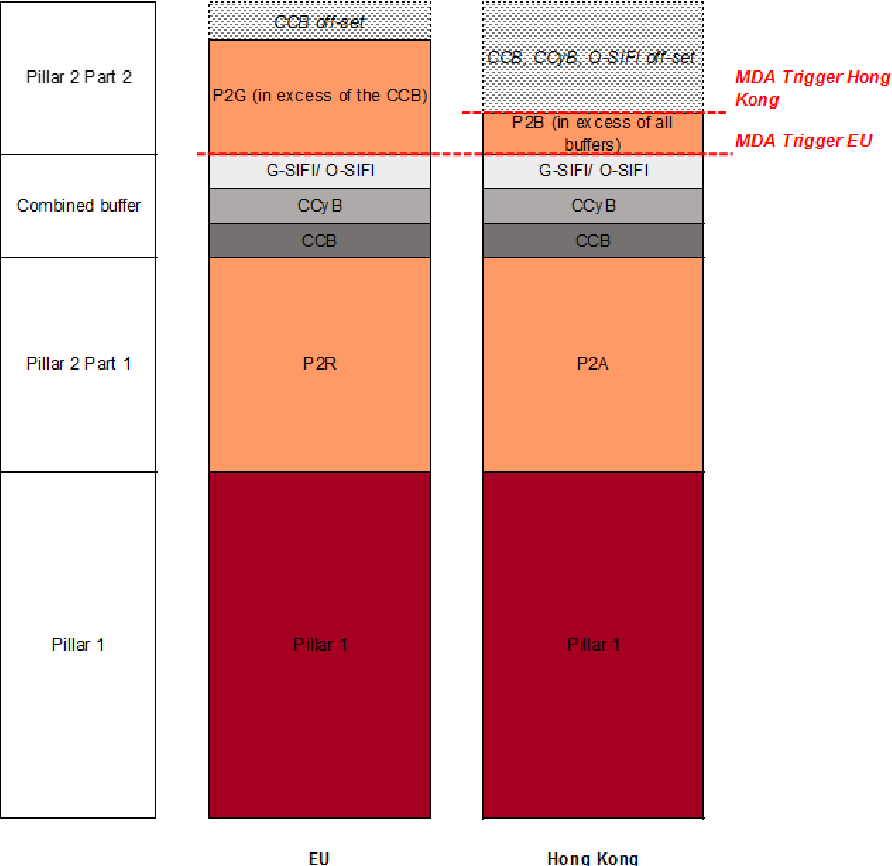
Regardless, the lack of international focus on the practice of supervision has unintended consequences.Īn example is the formulation and implementation of the Basel II capital accord, whose stated objective is to strengthen financial stability through enhanced capital requirements, better supervision, and robust market discipline. Second, it is a far more complex “fix” than strengthening regulations.

First, its application is local and context driven. Supervision traditionally has taken a back seat to regulation within the international reform agenda for two main reasons. Based on their risk assessments, supervisors are also responsible for taking timely actions against problem banks or problems in banks. Supervisors carry out these tasks by evaluating banks’ corporate governance, internal controls, and risk management practices their financial capacity and their compliance with various laws and regulations. Supervision is the authorities’ means of implementing these rules through ongoing off-site surveillance and periodic on-site examinations of individual banks.The main intent is to require bank management to behave prudently because banks are the guardians of depositor funds.
#RAIHAN ZAMIL LICENSE#

The business of banking supervision-and the risk management practices of banks-remains inherently subjective, regardless of the imposition of new, or tightening of existing, rules. Still, changing rules alone is insufficient to foster financial stability if the quality of their application-that is, supervision-is not effective. These enhancements, particularly higher capital and liquidity buffers, should make the global financial system better able to absorb and provide more tangible backstops to curb excessive risk-taking at banks.

Nearly all of the proposed reforms focus on strengthening bank-centered regulations, such as capital, liquidity, loan loss provisioning, or compensation arrangements. IN the wake of the global financial crisis, there have been numerous proposals to reform the oversight of the global financial system-from the Group of 20 advanced and emerging economies (G-20) and international standards setters.

The judgment of banking supervisors is crucial 3Ĭhanging the rules alone cannot make the financial system safe. Finance & Development, September 2010, Vol.


 0 kommentar(er)
0 kommentar(er)
